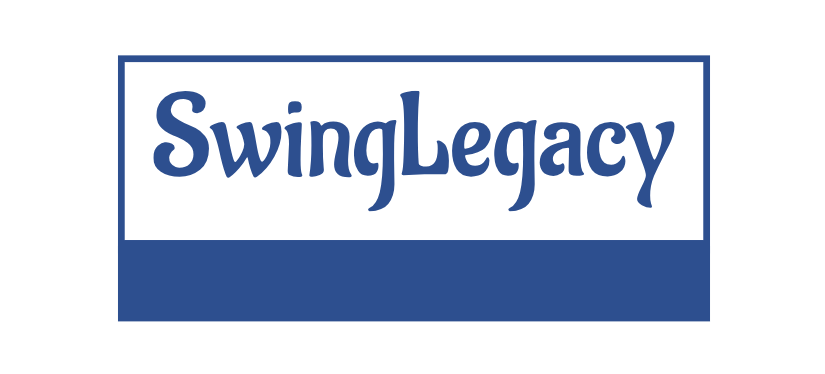The “Hot Rodent Boyfriend” trend is an evolving aesthetic celebrating an unconventional form of male beauty that defies conventional standards. Inspired by characters such as Stuart Little and Roddy from “Flushed Away”, this aesthetic emphasizes men with less conventionally attractive features and seeks to embrace an unconventional charm that goes beyond conventional masculinity towards something subtler and subtly captivating.
Why Are “Rodent” Features Gaining Appeal?
This trend seems to be a response against the dominant hyper-masculine standards that dominate popular media, by celebrating “rodent” features like angular faces, slight builds and delicate appearance – to challenge longstanding norms and celebrate diversity and authenticity over traditional beauty standards. An increased appreciation is growing among society for individuals that demonstrate unique characteristics with depth of character; “rodent” features seem to embody this ideal and stand as proof.
Who Are the Icons of This Trend?
Celebrities such as Timothee Chalamet, Mike Faist and Josh O’Connor have often been identified as icons of this aesthetic. Not only do these actors possess characteristics of “hot rodent” archetype but their rise to fame points out a trend away from stereotypical attractiveness towards more unique qualities in male appearances.
How Does This Reflect Changing Attitudes Toward Masculinity?
The “Hot Rodent Boyfriend” trend demonstrates changing perceptions of masculinity by celebrating qualities like emotional openness, sensitivity and rejection of toxic masculinity. By idolizing men who are both emotionally rich and complex as well as physically distinct – advocating a more inclusive view of attractiveness; as part of a cultural trend towards appreciating various forms of male beauty and expression – idolized men embodying all three characteristics can become role models to emulate as part of “Hot Rodent Boyfriend”.
Does It Spark Any Discontent?
Although popular, the trend has generated criticism. Some critics maintain that using the term “rodent,” even playfully, may carry negative connotations and perpetuate stereotypes of rodents; further concerns were also voiced regarding potential cultural insensitivity issues related to historical derogatory comparisons; these accusations highlight complex dynamics at play when redefining attractiveness through animalistic comparisons.
Conclusion: Sign of the Times?
The “Hot Rodent Boyfriend” trend embodies more than simply changing celebrity crush criteria – it embodies changing societal norms about beauty and masculinity, too. Although unconventional in appearance, this fad encourages us to question traditional notions of attractiveness while broadening what constitutes attractiveness in general. Regardless of its longevity or short term success, its presence marks an important moment in cultural dialogue about beauty by prompting dialogue about all forms of aesthetic ideals in general that may or may not exist otherwise – something essential as we move toward creating more inclusive understandings of beauty all forms from various sources in general.

